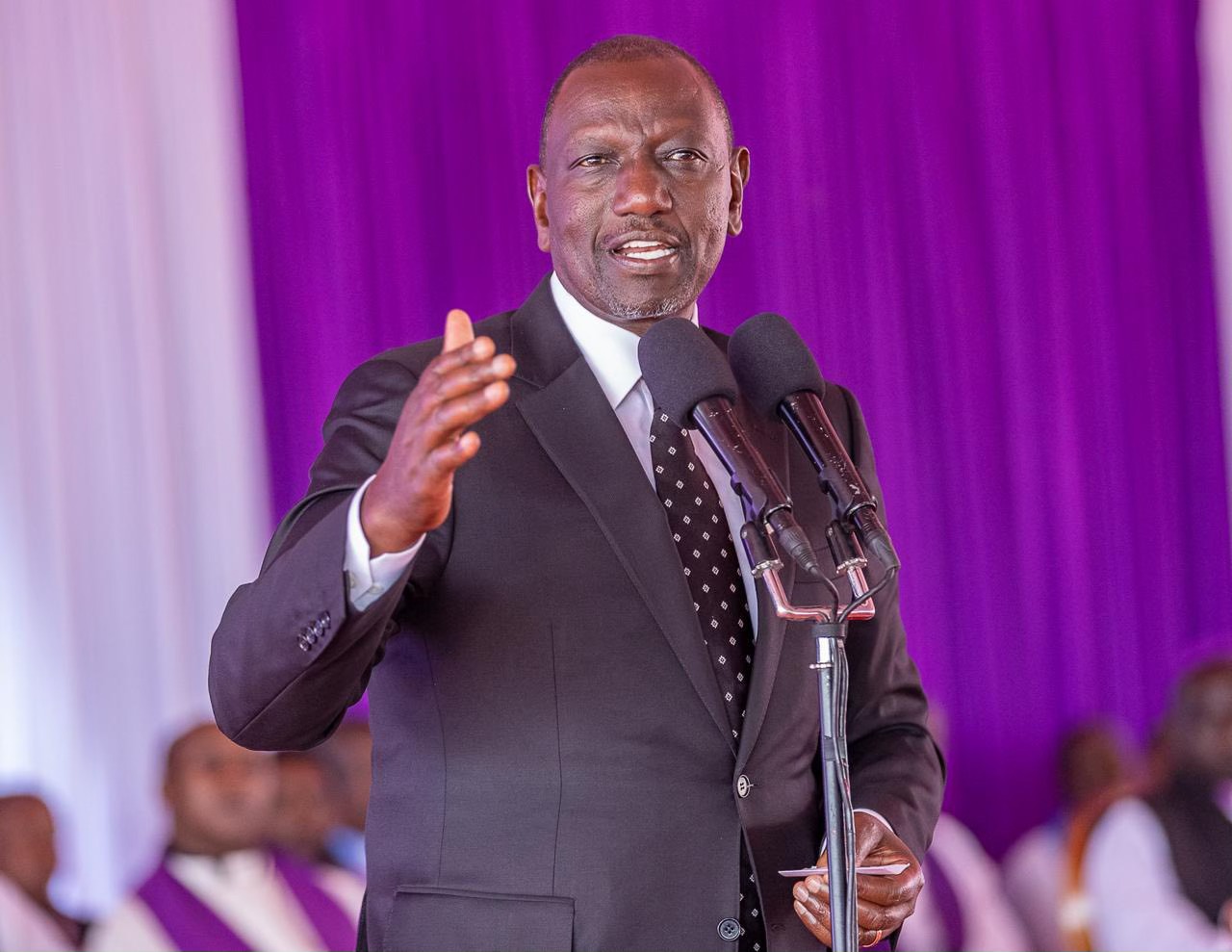Lillian Ng’ang’a Warns Online Bullies: ‘Your Time Is Up’

Lillian Ng’ang’a has issued a strong warning to Kenyans who use social media to bully and demean others, saying the days of hiding behind screens to insult people are coming to an end. Her statement followed the enforcement of the new Computer Misuse and Cybercrimes (Amendment) Act, 2024, which introduces tougher penalties for online harassment.
Sharing her thoughts on Wednesday, October 22, 2025, Lillian said the new law should serve as a reality check for those who have built entire careers out of trolling and spreading hate online. She described the legislation as a much-needed measure to restore respect and accountability in digital spaces.
What does Kenya’s new Cybercrimes Act mean for social media users?
The amended Section 27 of the Act now classifies cyber harassment as any online post, whether a tweet, meme, video, comment, blog, or even a private message, that causes serious emotional distress, mental harm, or could make someone contemplate suicide.
Under the new law, offenders can face charges even if they post anonymously. It also grants the National Computer and Cybercrimes Coordination Committee (NCCCC) the power to block websites or social media accounts without first seeking a court order. Police can now make arrests based solely on the committee’s directive.
President William Ruto signed the amendment into law on October 15, 2025, stating that the move was part of a broader effort to make online platforms safer and more responsible.
Why is the law sparking mixed reactions?
The new regulations have split public opinion. Supporters like Lillian Ng’ang’a believe it’s a crucial step toward ending Kenya’s growing culture of cyberbullying, which has especially targeted women and public figures. They argue that freedom of speech should not come at the expense of other people’s dignity.
“It’s time those who thrive on insulting and demeaning others online realize that their actions have consequences,” Lillian said, emphasizing that the internet should not be a breeding ground for hate.
However, human rights activists have expressed concern that the law’s broad definitions could be abused to silence critics and restrict free expression. They argue that while protecting citizens from harm is essential, the government must ensure the law is applied fairly and transparently.
By Risper Akinyi










